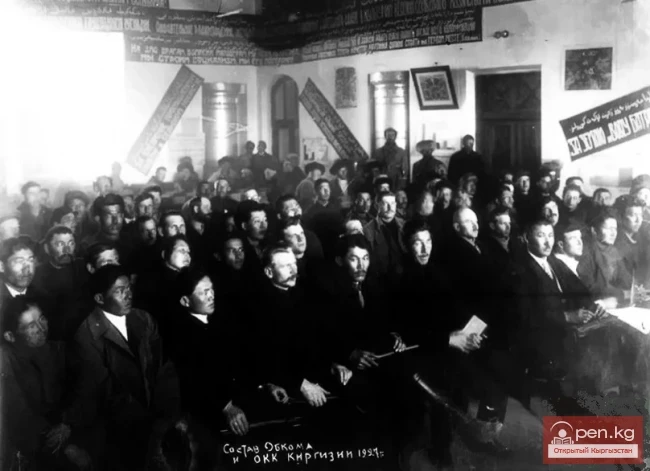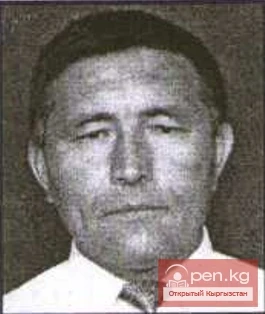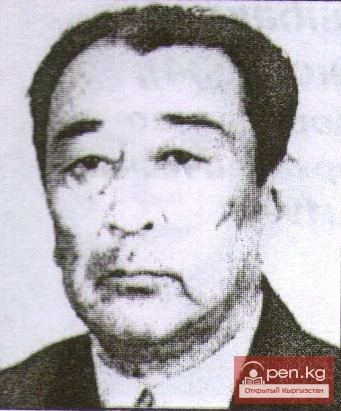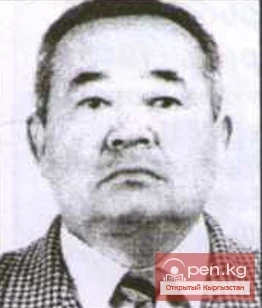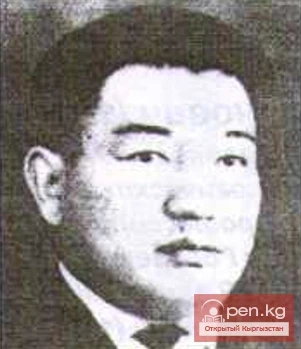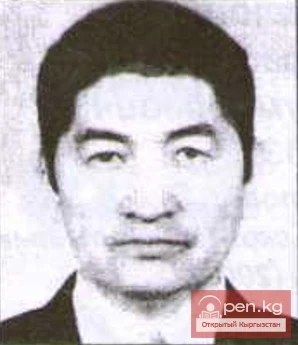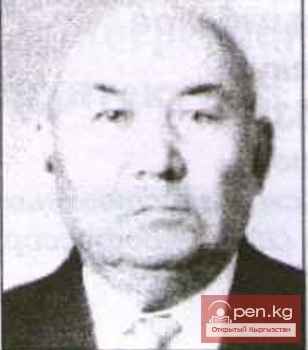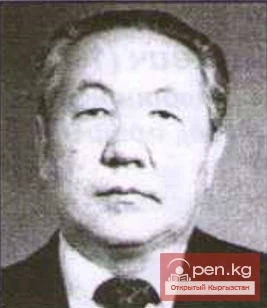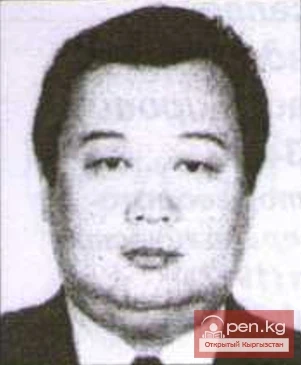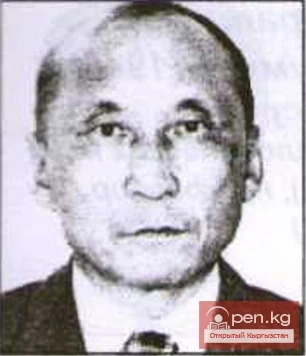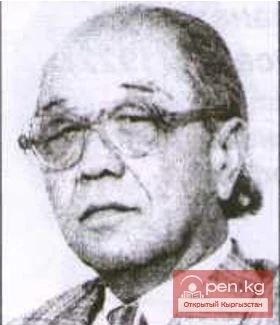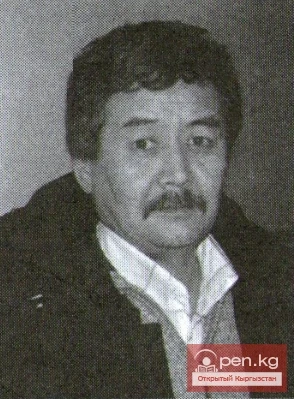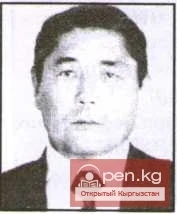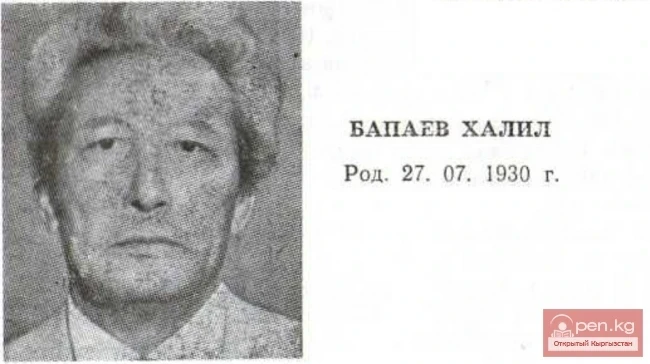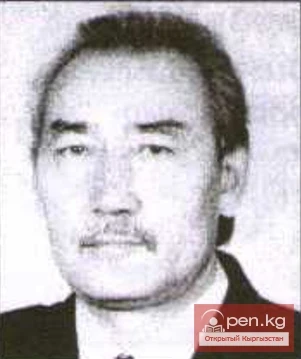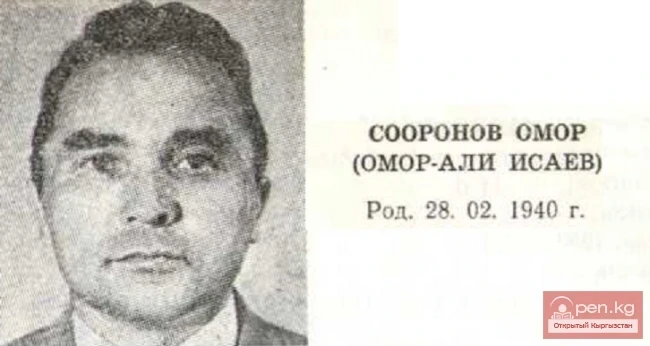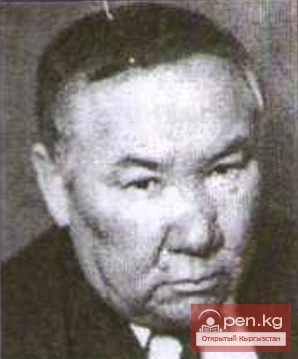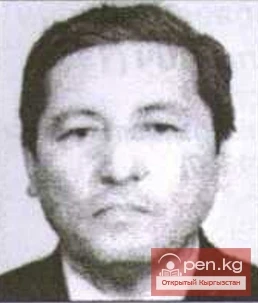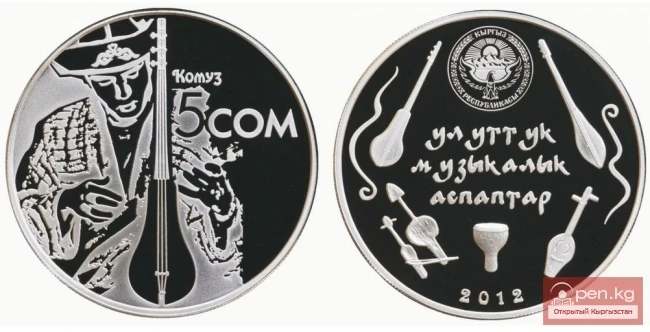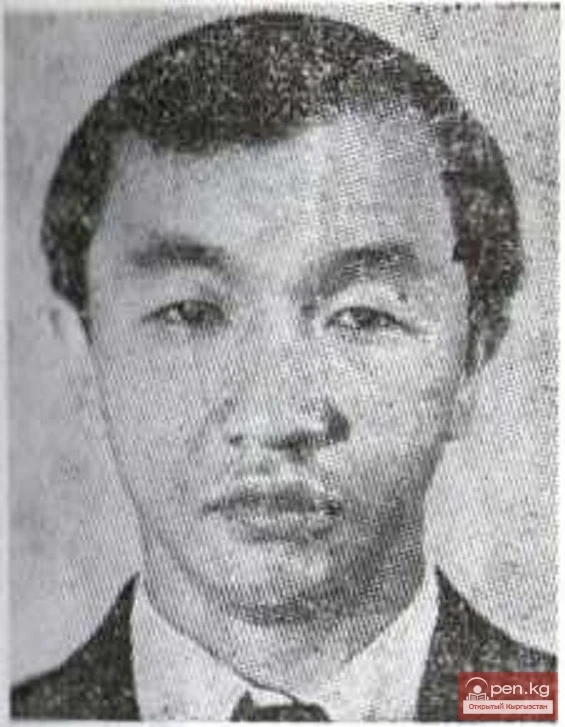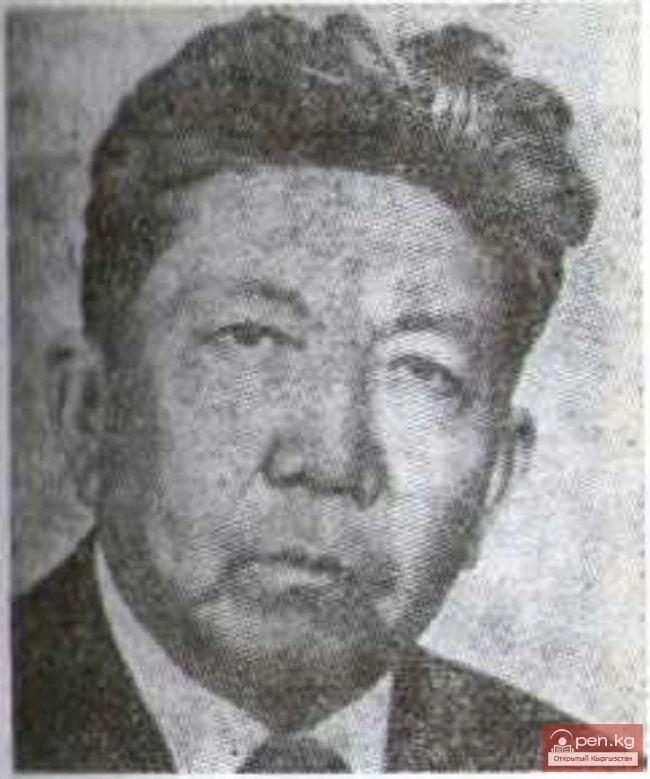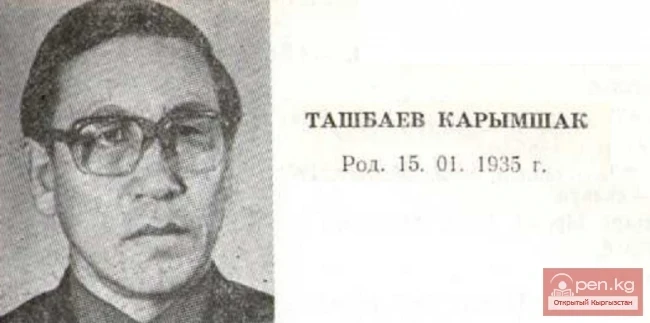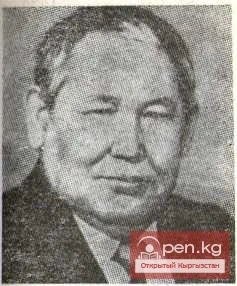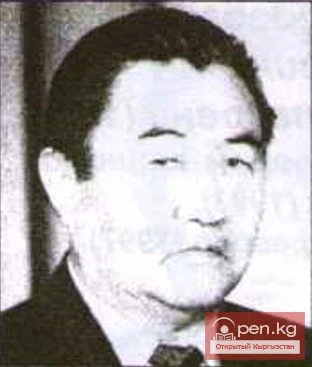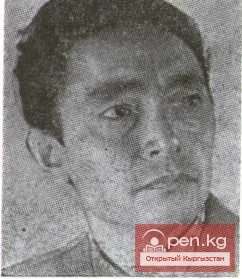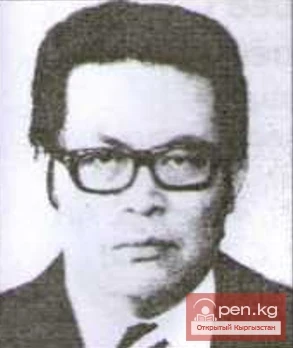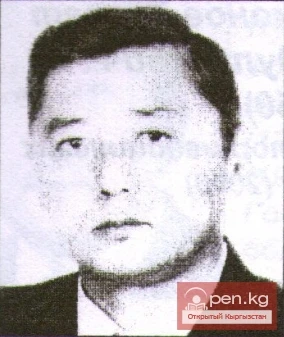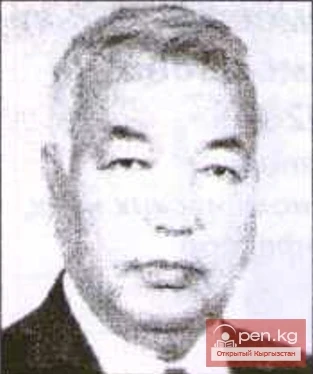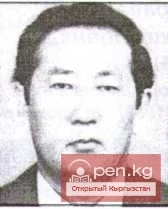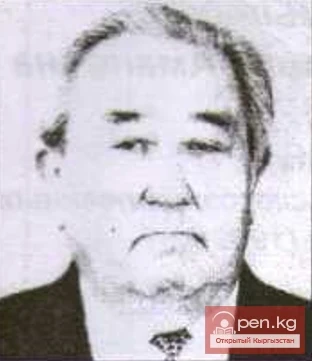Triple Subordination of the Kyrgyz ASSR
Studying documents from the 1920s to the early 1930s, including those reflecting the activities of such a colorful figure as Yu. Abdrakhmanov, in his position as Chairman of the Council of People's Commissars of the Kyrgyz Autonomous Republic, one inevitably comes to the thought expressed by T. Yu. Krasovskaya in her publication "NEP and the Leadership of National Cultures Development."
“Is it clear to us,” she writes, “to envision Stalin as a theorist and practitioner of the national question? Historical works have noted his significant mistakes during the formation of the USSR, but we still lack assessments of these mistakes as positions that are anti-Leninist and anti-internationalist. After all, the realization and later development of national policy in our country depended on Stalin. It seems that the Stalinist model of national policy is based on the utilitarianism and pragmatism of his approach to the national factor, to the experience of various peoples, and on the neglect of the role and significance of historical and cultural roots in socialist transformations.” Specific facts from the history of Kyrgyzstan testify not only to the neglect of historical and cultural roots but also to obvious socio-economic interests.
Yu. Abdrakhmanov twice appealed to Stalin with sufficiently reasoned letters regarding the difficulties associated with the leadership of the socio-economic and cultural development of the republic, which found itself in triple subordination in the 1920s and 1930s. He did not receive a response, and his request to meet and hear additional arguments from Stalin was not satisfied.
“From a constitutional-legal point of view,” he wrote, “we are a component part of the RSFSR, and it would seem that this should determine our relations with the RSFSR authorities regarding the provision of uninterrupted governmental leadership by the RSFSR Government over our cultural and economic development.
However, the fact that the Kyrgyz ASSR, by the nature of its economy and geographical location, is an inseparable part of the economic unit of Central Asia, has practically led us to a position of triple 'citizenship,' triple subordination: to the RSFSR government on one side, to the Central Asian authorities (Central Asian Bureau of the Central Committee of the All-Union Communist Party (Bolsheviks), Central Asian ECO, Central Asian Water Management, the People's Commissariat for Trade, the People's Commissariat for Nationalities, the People's Commissariat for Postal Services of the Union, etc.) on the other side, and to the USSR on the third. This tripartite subordination of the republic, as the experience of work has shown, negatively affects the resolution of economic and cultural tasks in Kyrgyzstan, and therefore serves as a hindering element. With the organization of the Union's People's Commissariat for Land, it is likely that an authorized representative will be appointed to Central Asia, thus Kyrgyzstan, in terms of planning its agriculture as an inseparable part of Central Asia, will become subordinate to the Union's People's Commissariat for Land, which will eliminate the last connection of Kyrgyzstan with the RSFSR regarding economic leadership.”
Decision of the Central Committee of the VKP(b) on the removal of Yu. Abdrakhmanov from the position of Chairman of the Council of People's Commissars of the Kyrgyz ASSR
